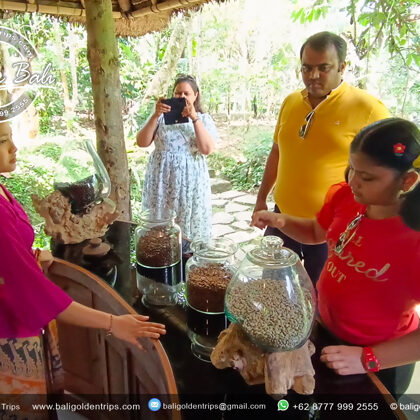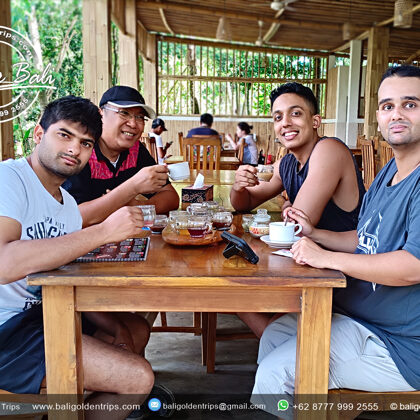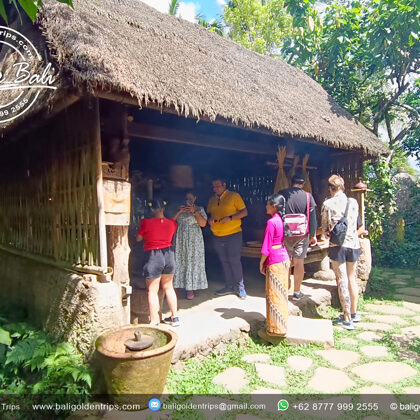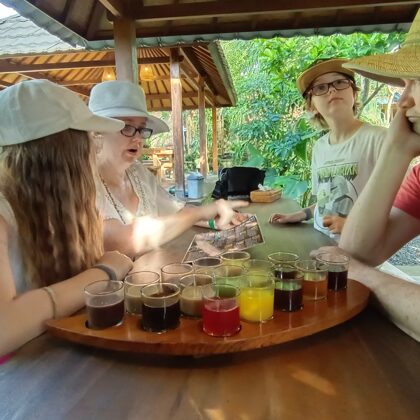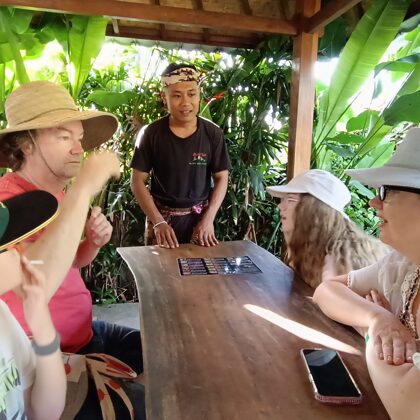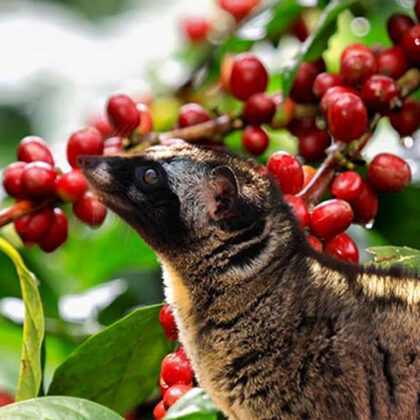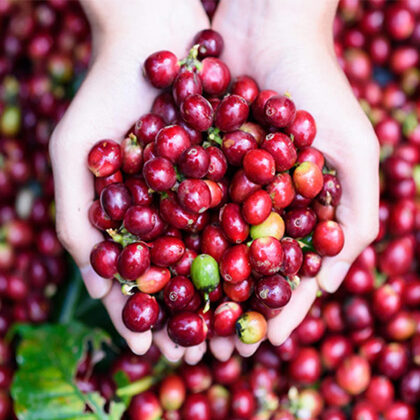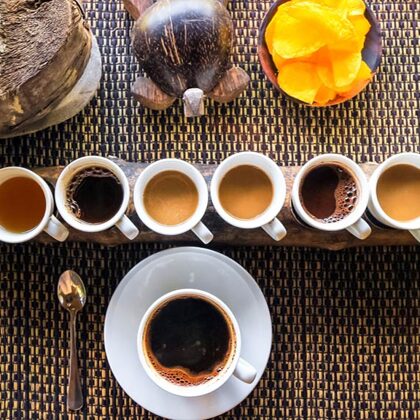Bali Coffee Luwak Tours
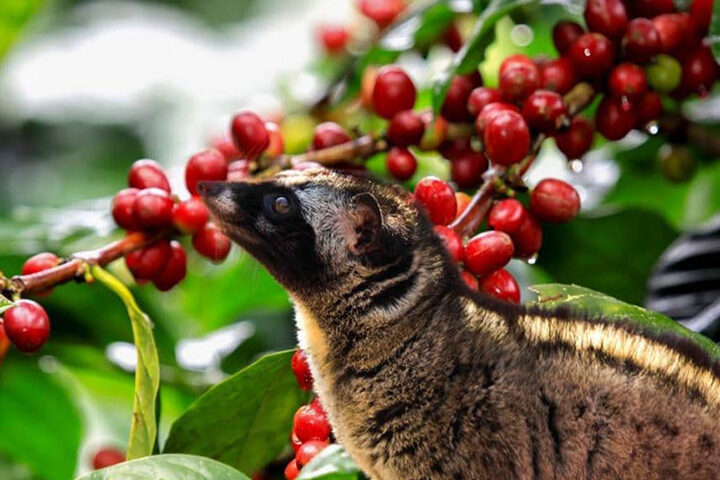
Luwak coffee is the most expensive coffee in the world because it has a unique process and exotic taste. The Luwak is a very selected animal because they only choose the best coffee cherry by smiling it.
Luwak coffee is better than normal coffee because contained low caffeine, gastric acid, and a smooth taste.
THE STORY OF LUWAK COFFEE
How it all began
Luwak Coffee has a history that dates way back to the 18th-century Dutch colonial rule of the East Indies (now Indonesia). Back then the Dutch East India Company imported Arabica seed from Yemen to cultivate on their local Indonesian plantations. The product of their cultivation had wide demand in Europe; second only to Ethiopian coffee.
Their crops were almost entirely exported to Europe, and not meant for local consumption. Extremely protective of their harvest, the Dutch therefore jealously guarded their produce by forbidding the local workers from helping themselves to even leftovers or spills. Nothing could go off the plantation!
Nature takes its course!
The coffee plantations were often surrounded by jungles nearby. Luwak, who are native to the jungles, were looked upon as pests by the plantation owners. That's because the animals relished the ripe coffee beans from the plantations and feasted lavishly on them. Plantation owners, therefore, ordered the local workers to hunt and eliminate these "pests".
Unbeknown to plantation owners, however, the local workers soon discovered that the Luwak couldn't actually digest the entire coffee berry. While the soft pulp disintegrated in their digestive systems, the pit of the berry was ejected in excrement in the jungles and around the animal's habitat.
Eager to share in the delights of Coffee themselves, the local workers would carefully collect and sanitize the droppings to harvest the undigested coffee seed. They then used the seeds to brew their own coffee. What the Dutch plantation owners forbade them from doing — taking the seeds off the plantations— nature now provided to the locals in abundance!
And the legend begins
Plantation owners soon became aware of the fact that the local workers were brewing their own coffee. Upon visiting the huts where the workers resided, they discovered that the coffee being brewed by the locals used beans that were found in the excrement of the Luwak. Taken in by the amazing aroma of the Luwak coffee, the plantation owners were eager to sample a taste for themselves. And what they tasted was amazing!
The Dutch then introduced this "new" type of coffee to Europe, but when consumers learned of its origins — that this great coffee was in fact a by-product of the digestive process of an animal, and was harvested from animal excrement—the market was unwilling to accept it.
Although the newly discovered flavor didn't immediately catch on in the 18th century, its popularity has been growing exponentially over the past decade or so. New harvesting and production techniques, better branding and packaging, and more stringent quality control and health and safety checks have now made Luwak Coffee into a mainstream players. Niche coffee houses, cafés, and restaurants now proudly offer Luwak Coffee on their elite menus!
NIB 1229002482233 KBLI: 79121 - ABPW | Sertifikat No: 12290024822330001 | Thn. 2021
Jalan Tukad Balian/ Pandawa No 7 Renon 80226 Dps Bali - Indonesia
Email: [email protected] | Phone / Chat / V-call WhatsApp: +6287779992555 | Url: baligoldentrips.com

